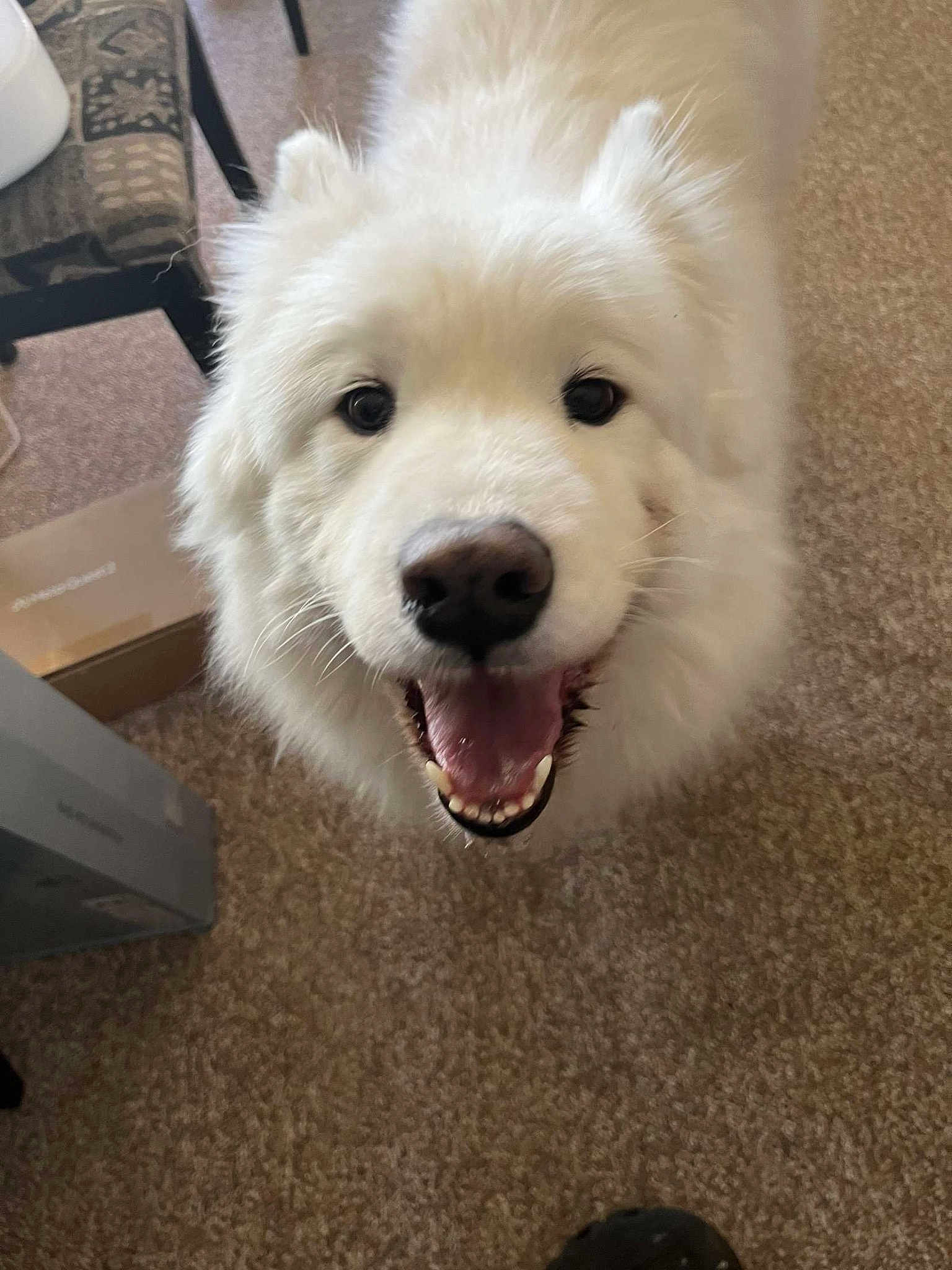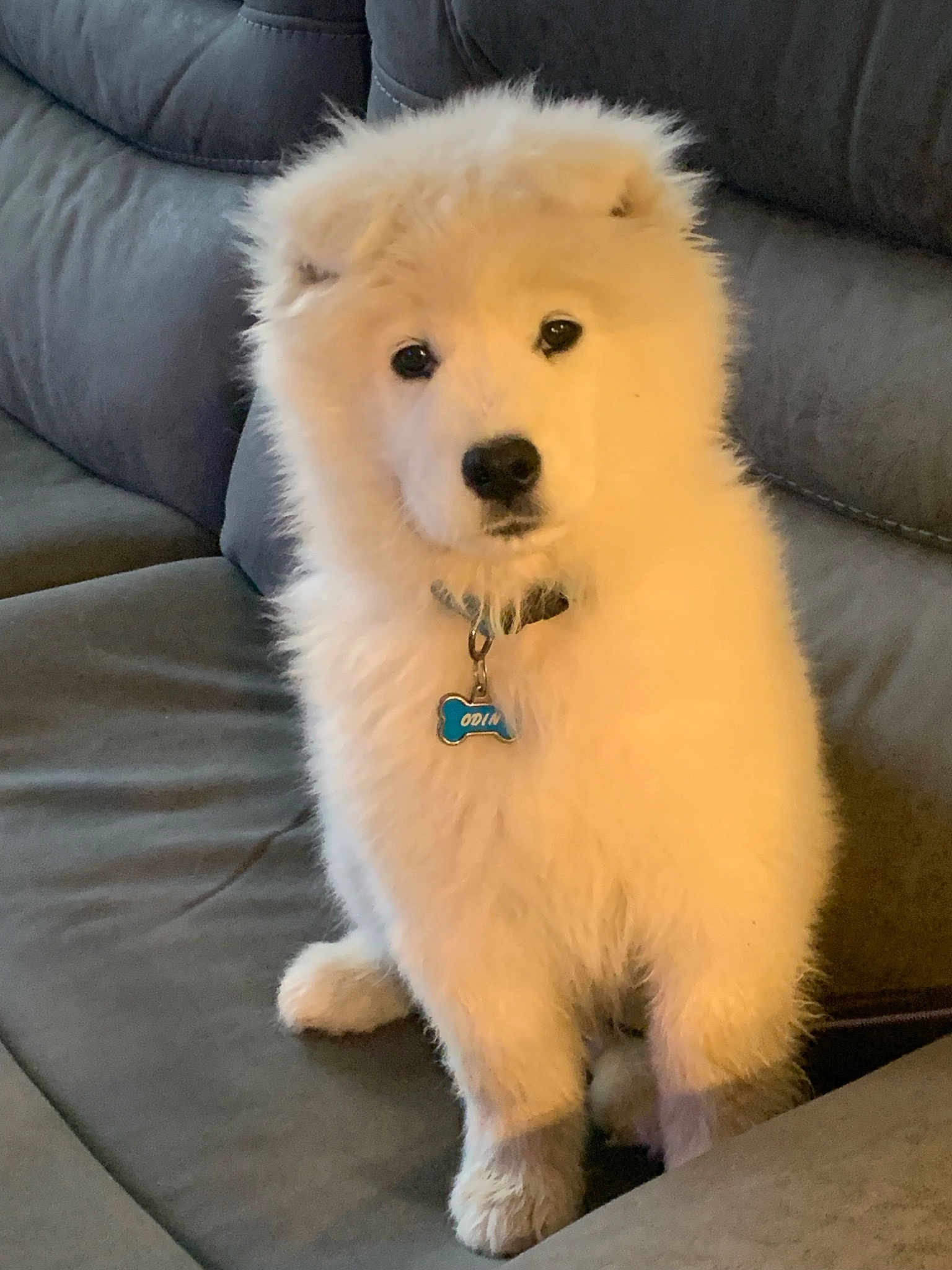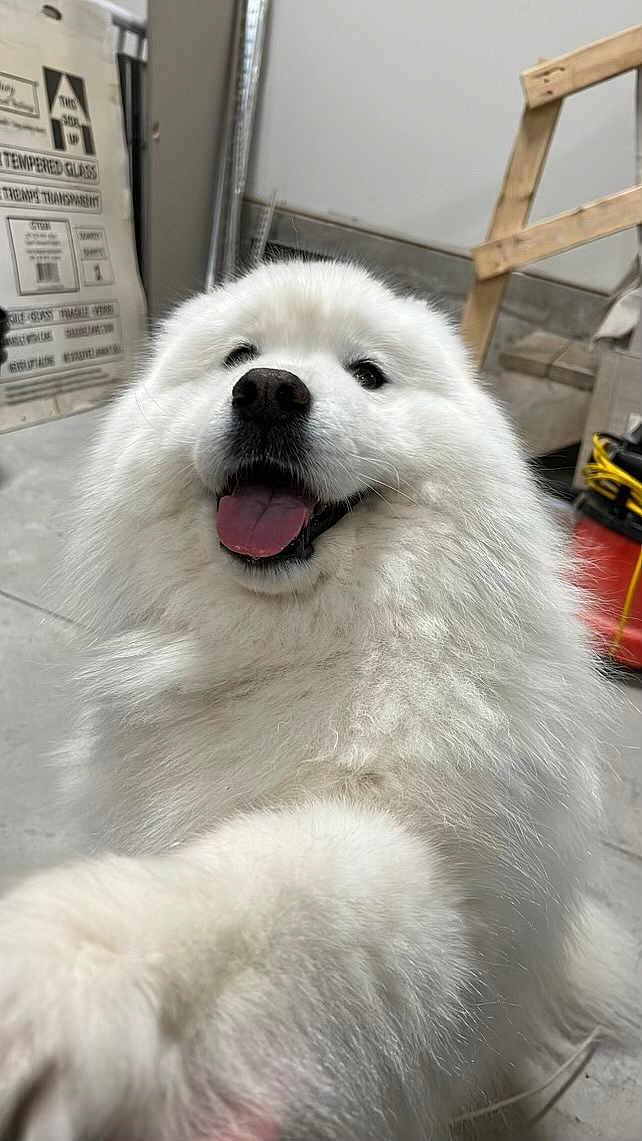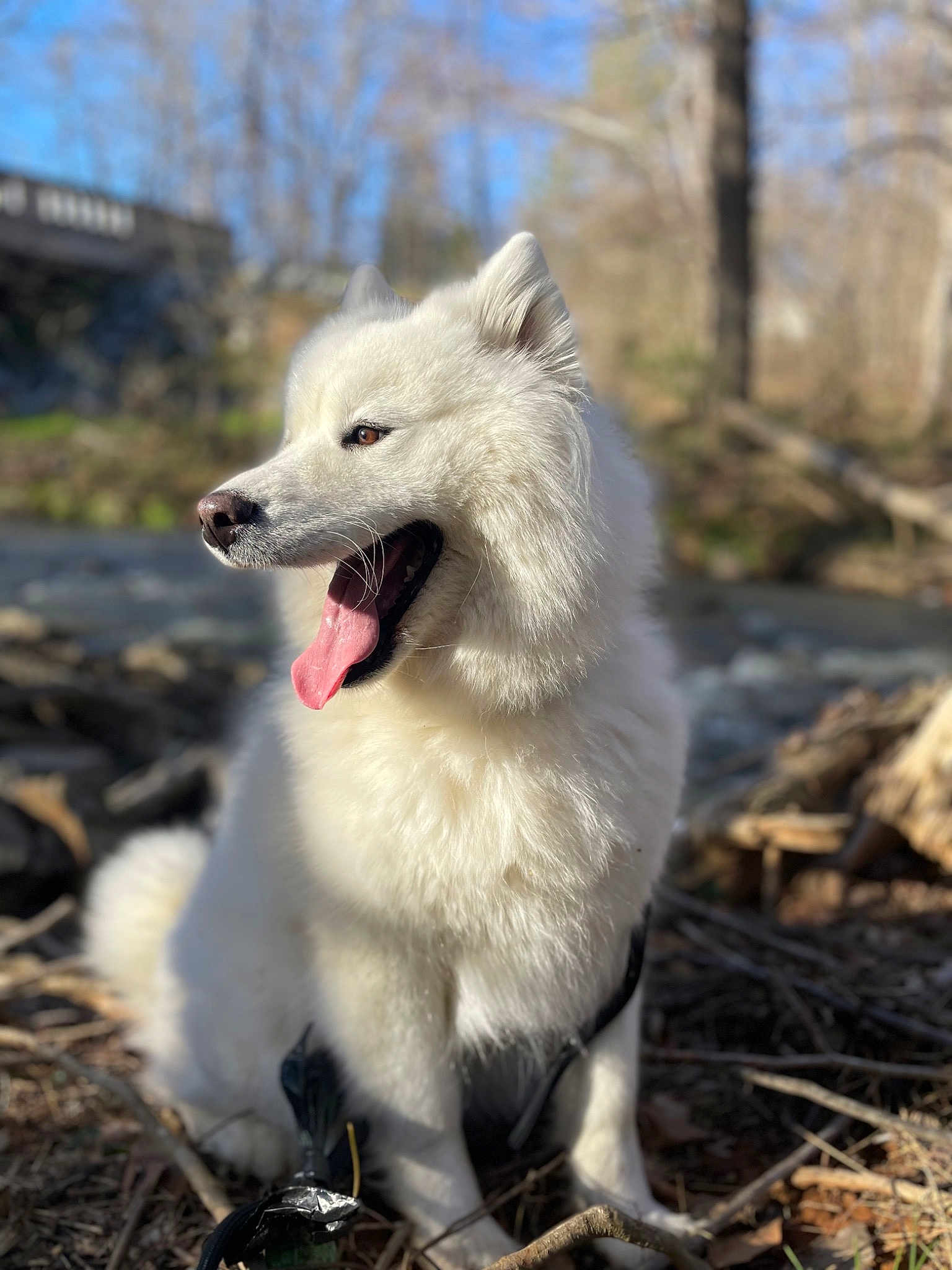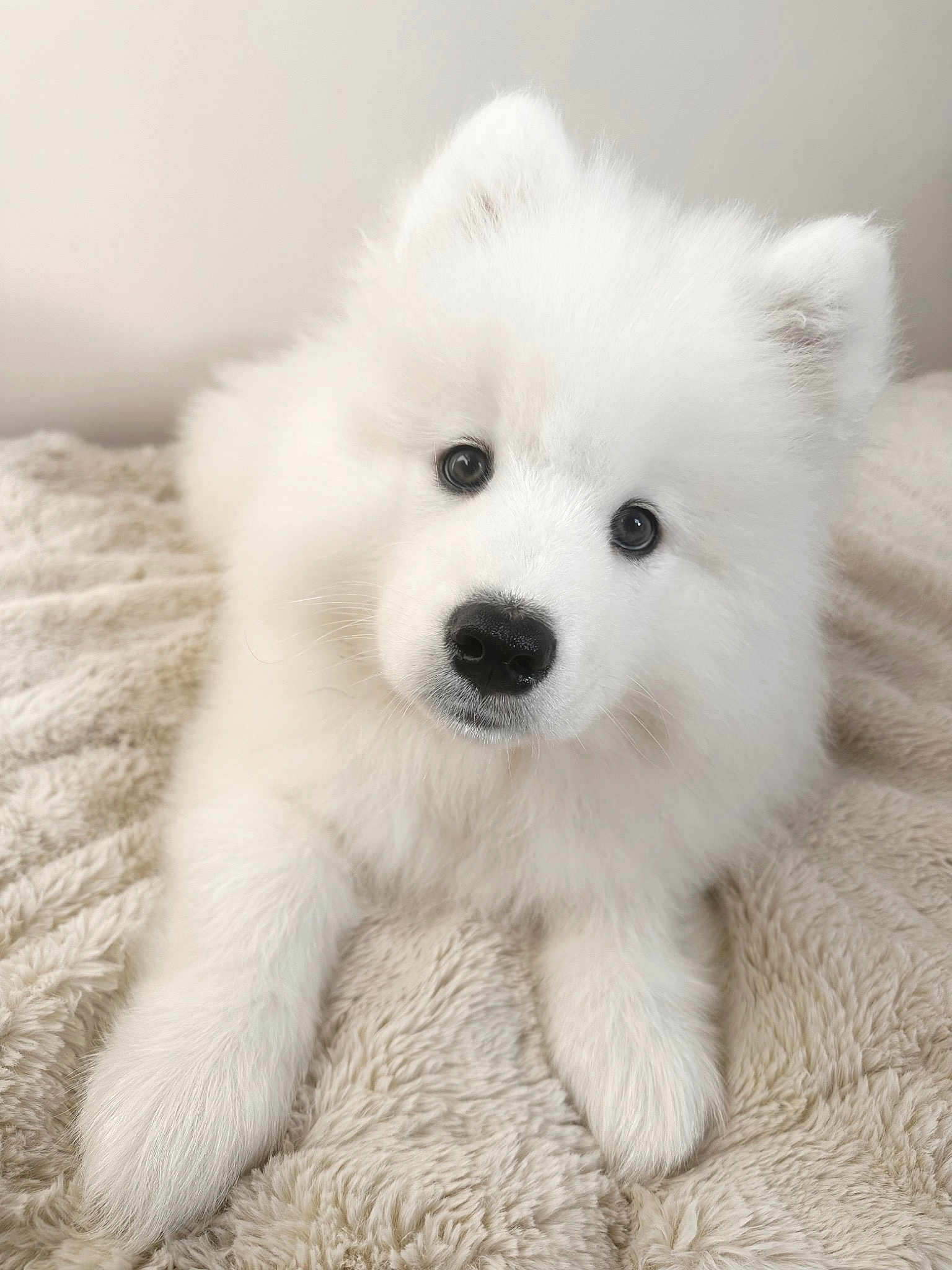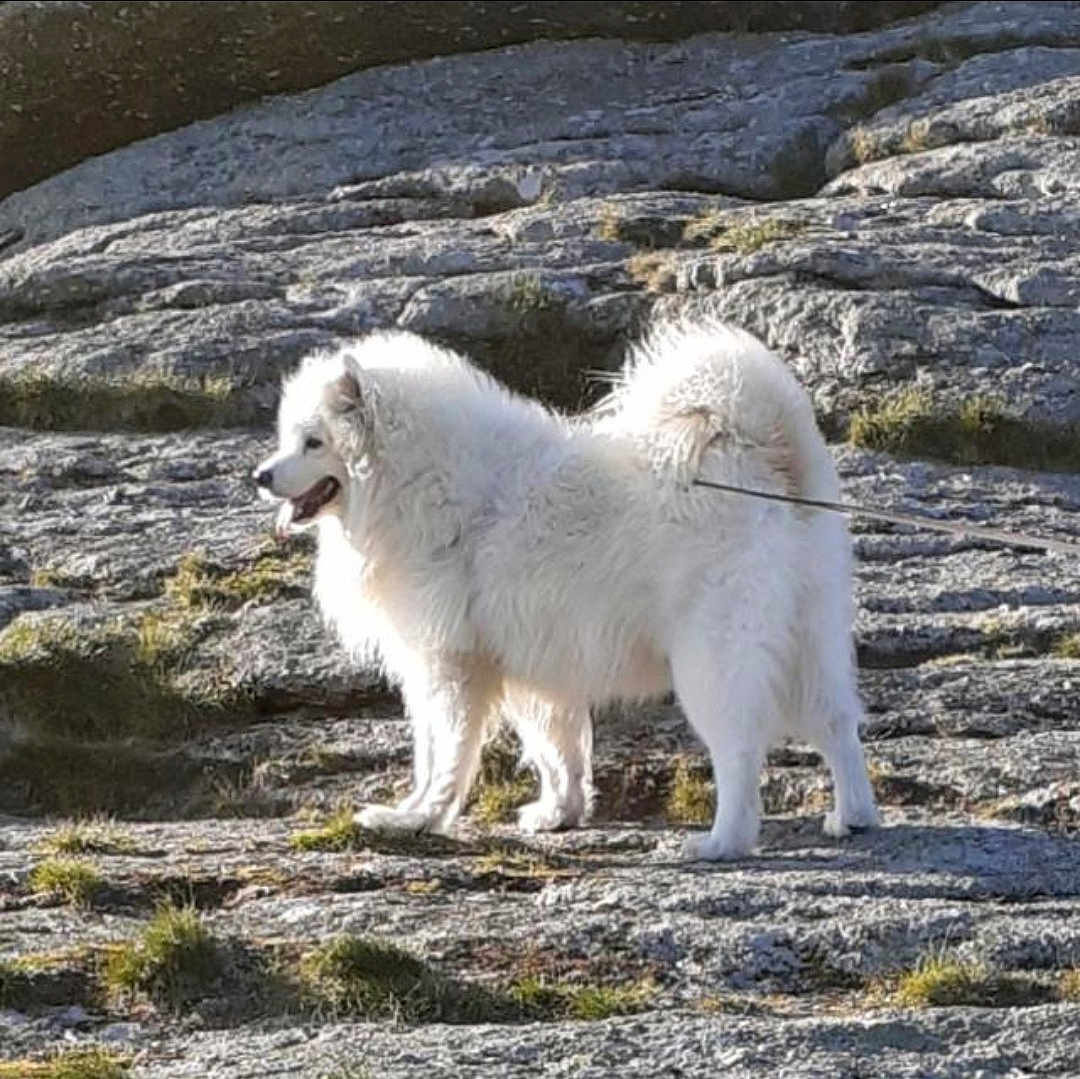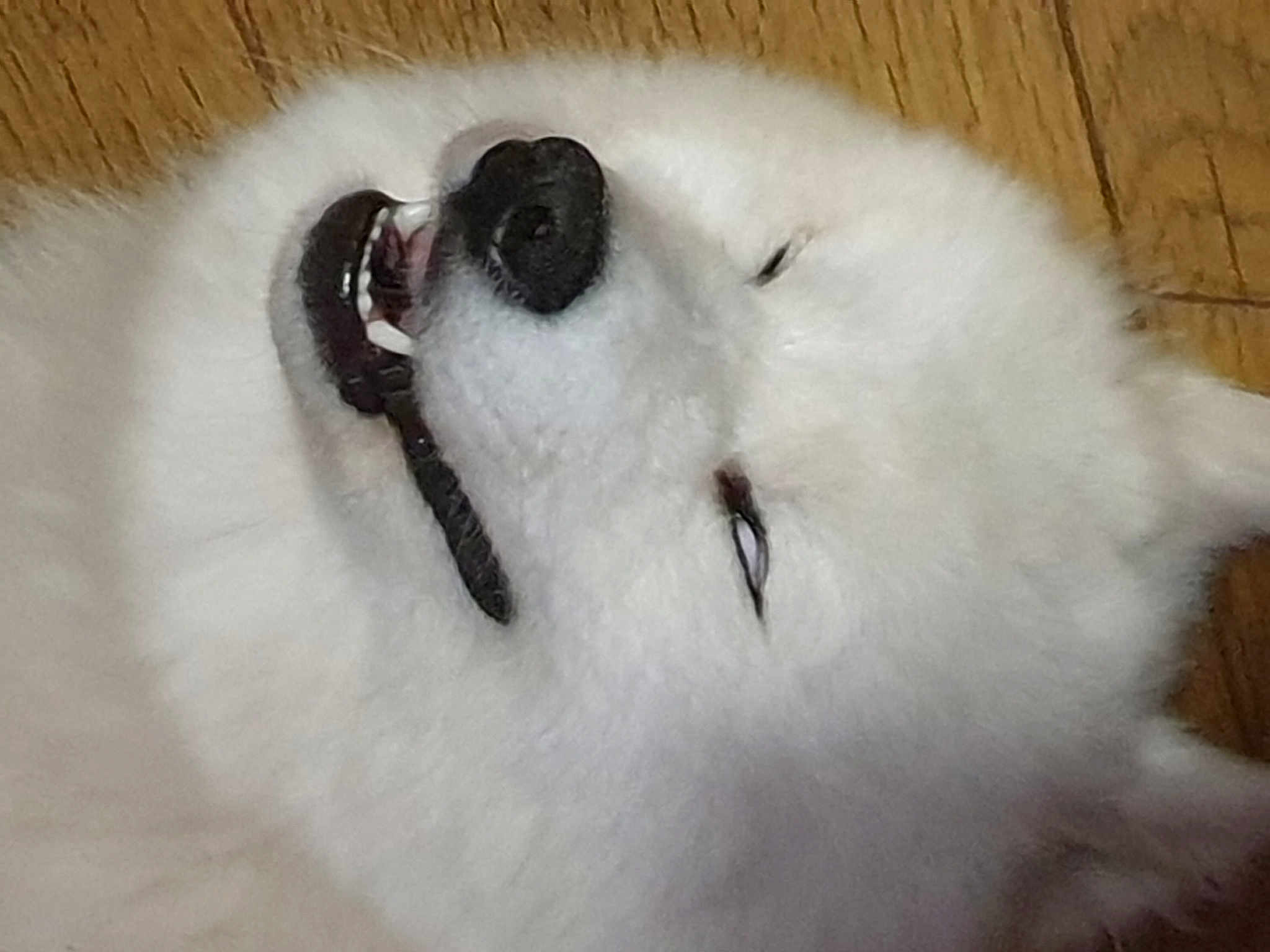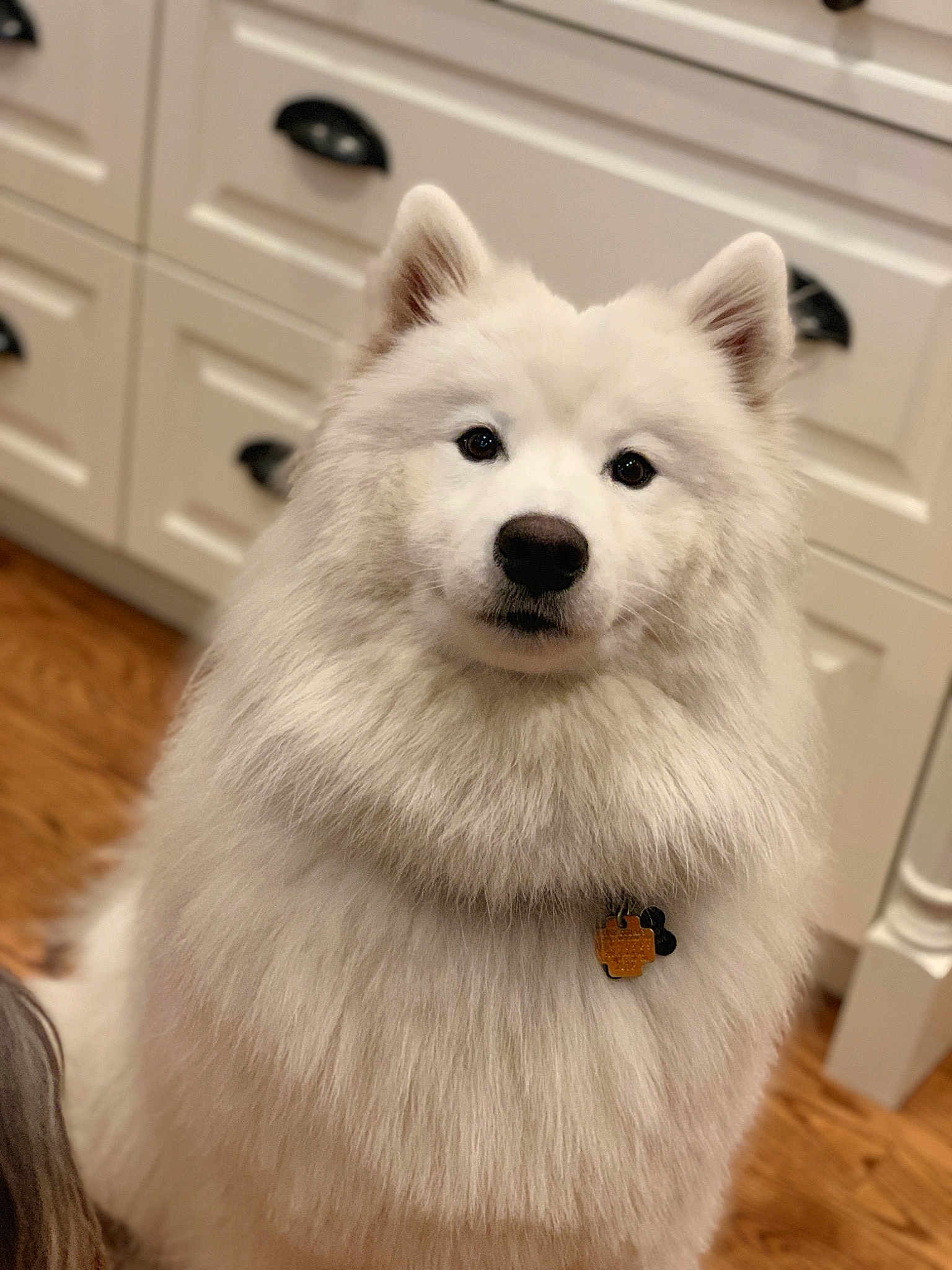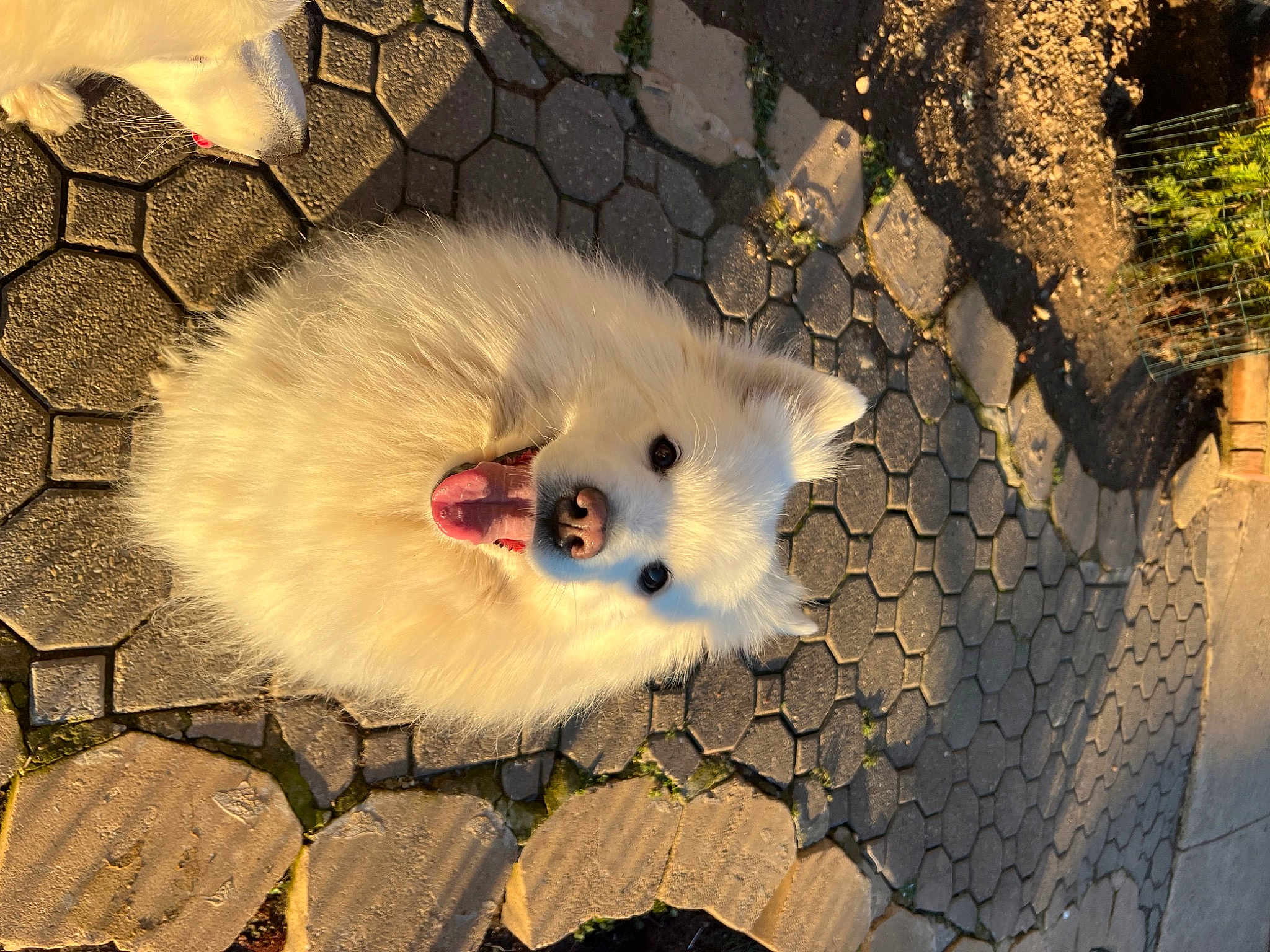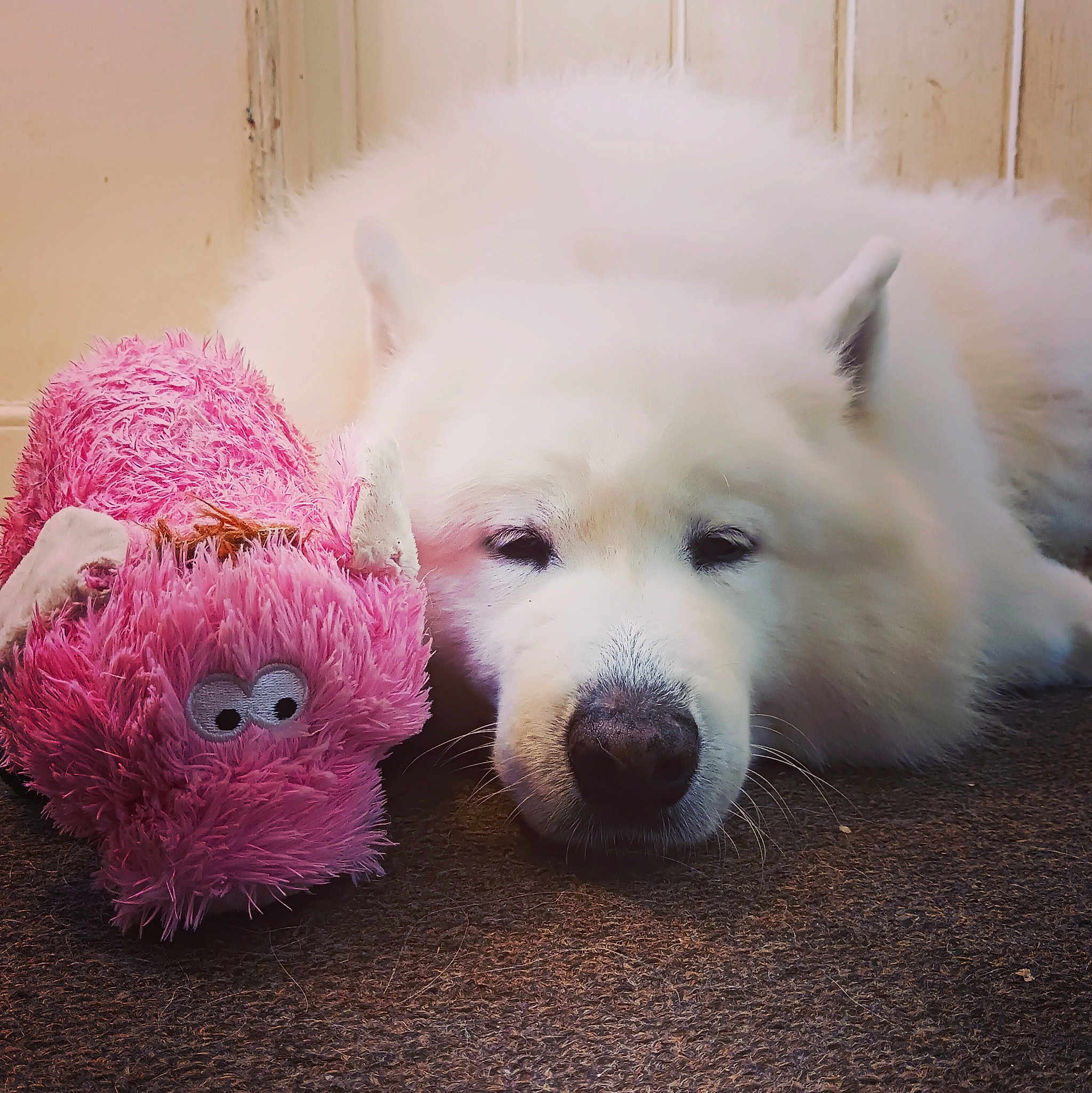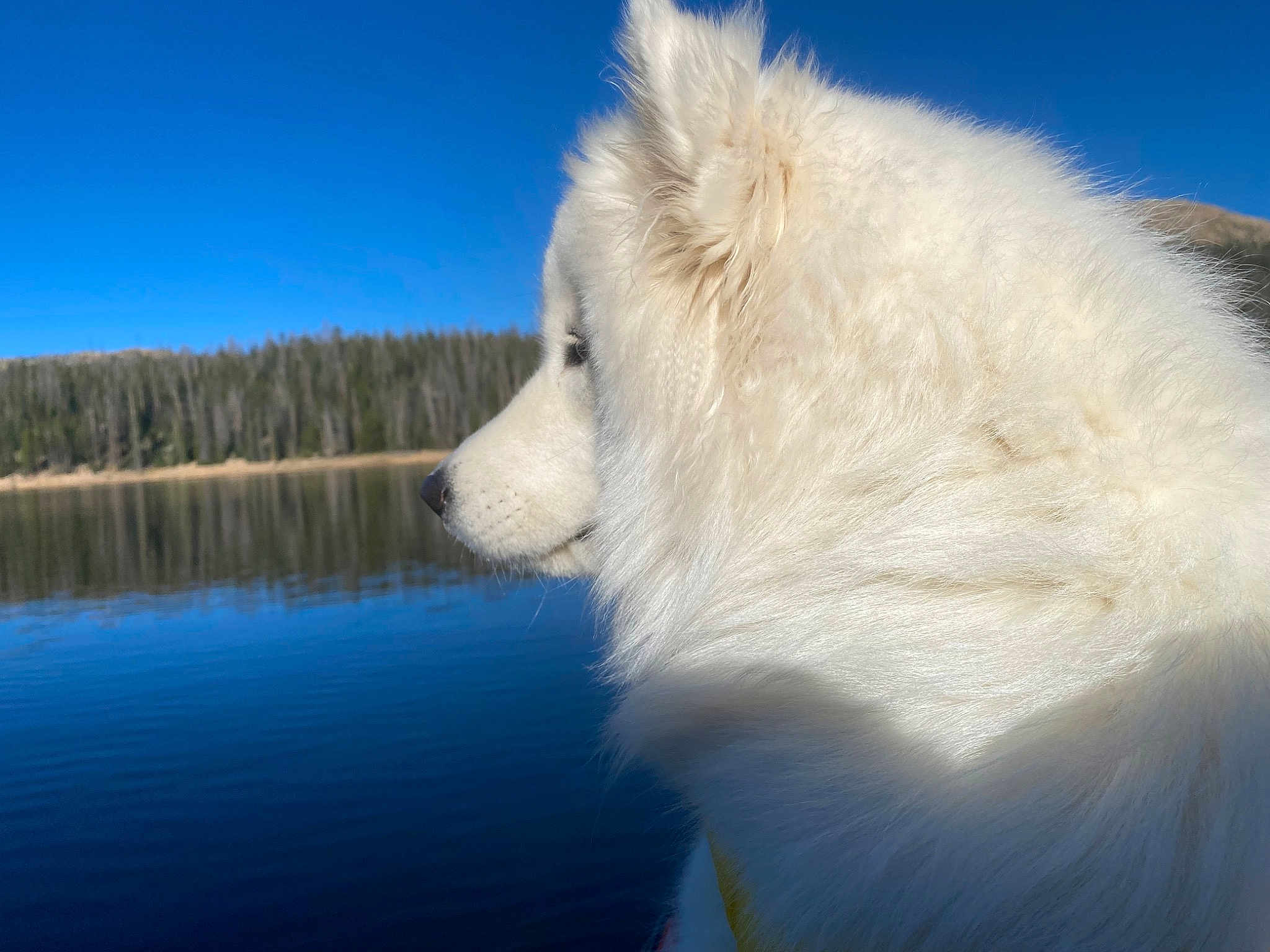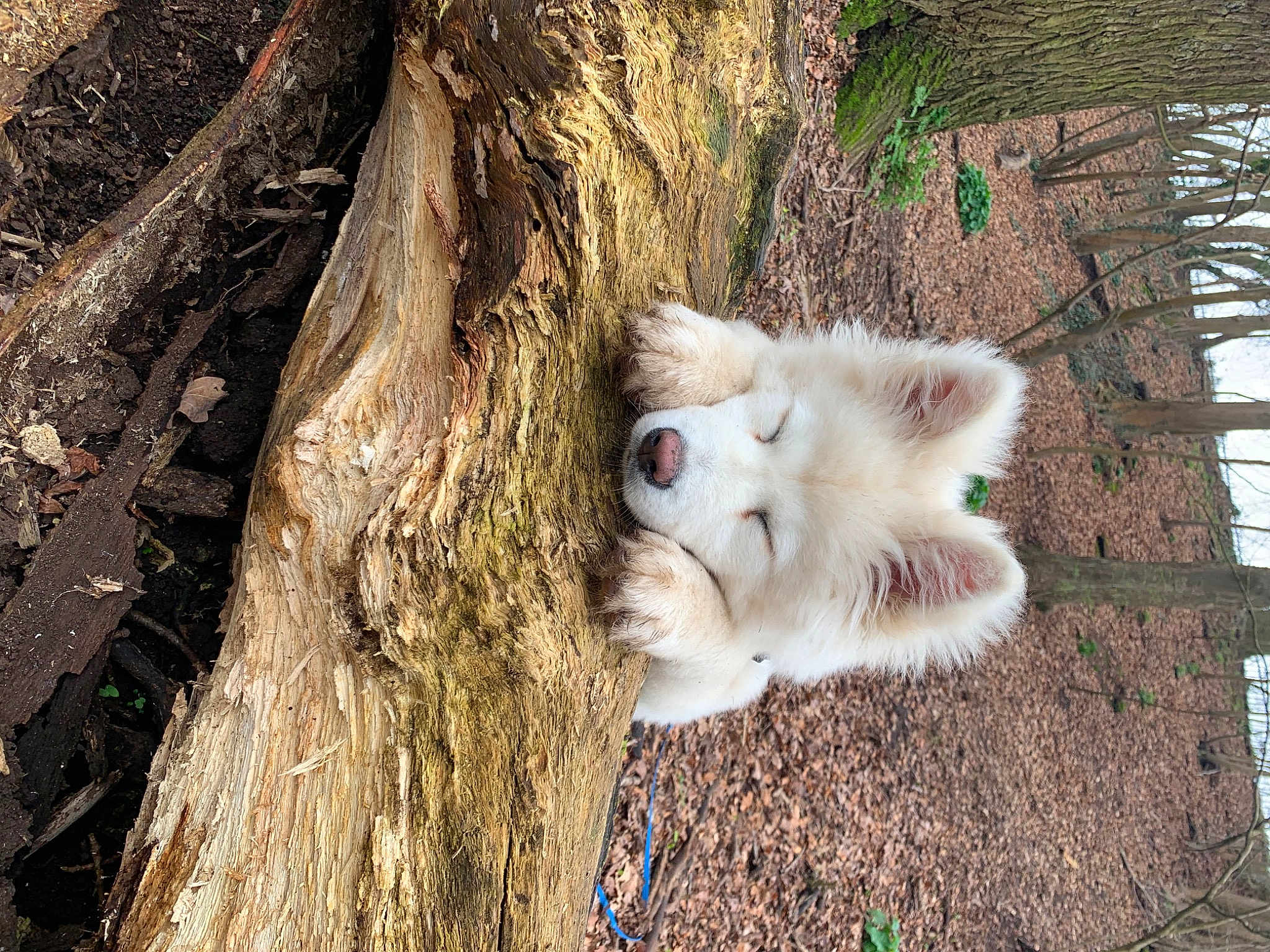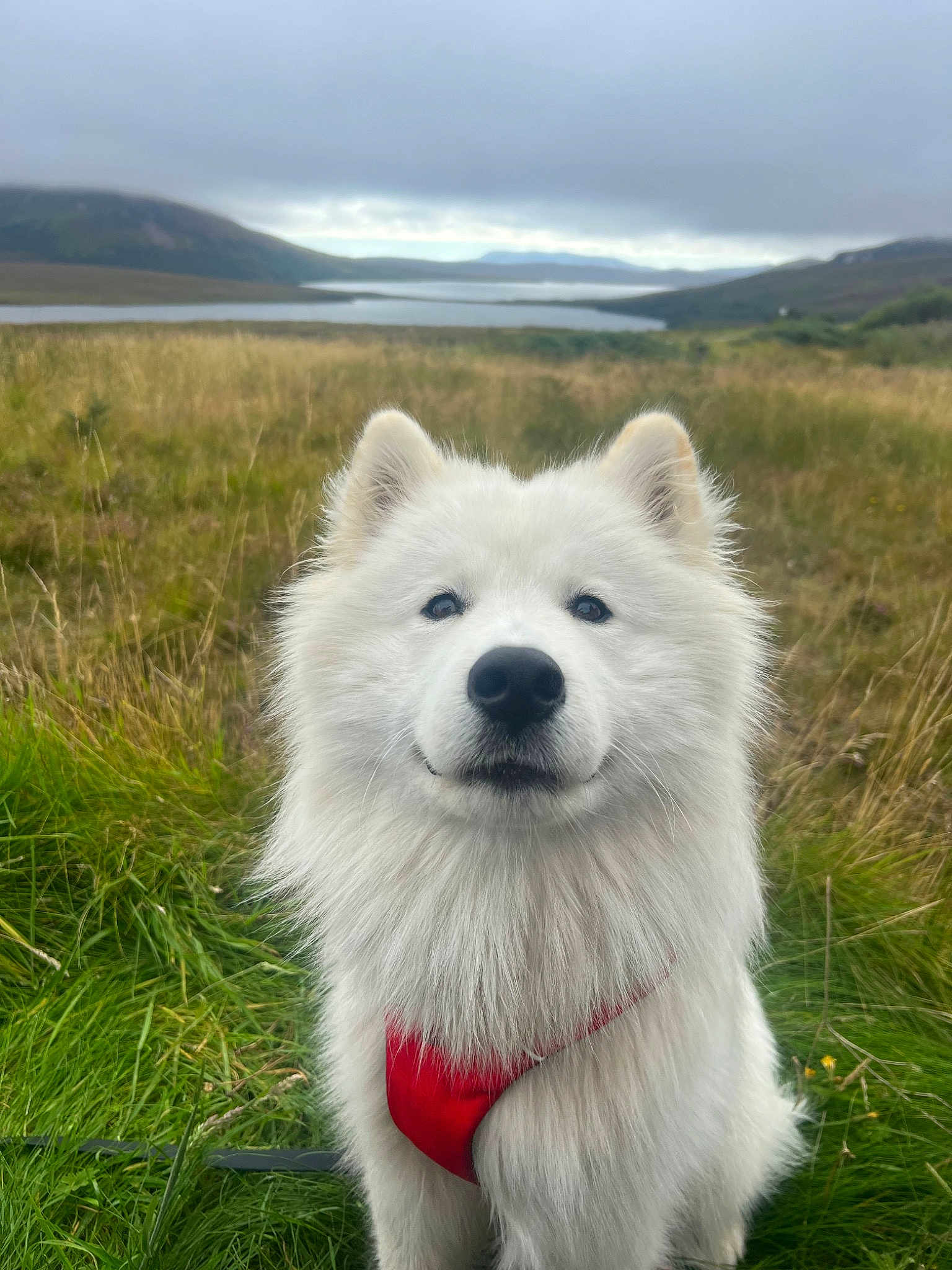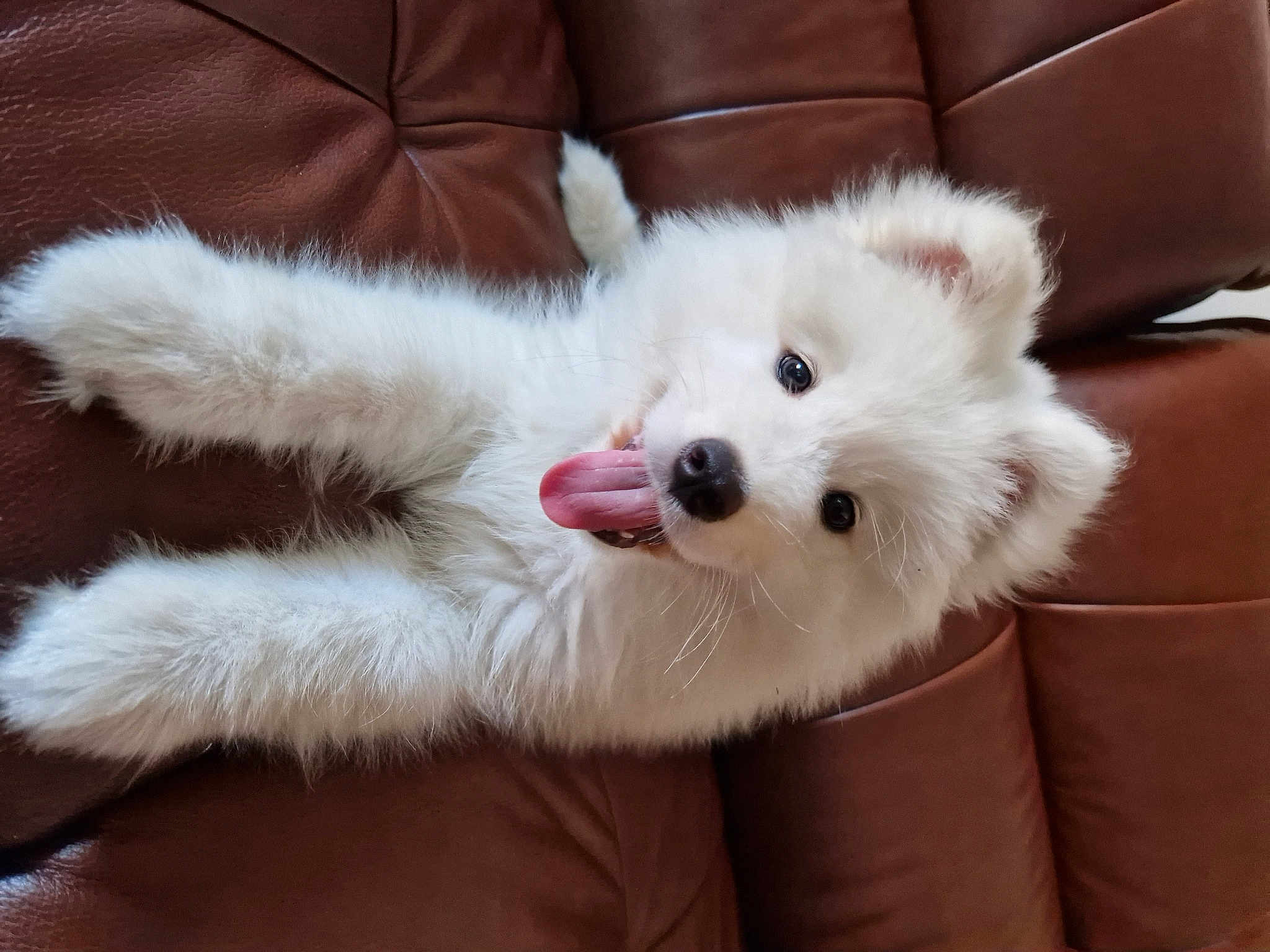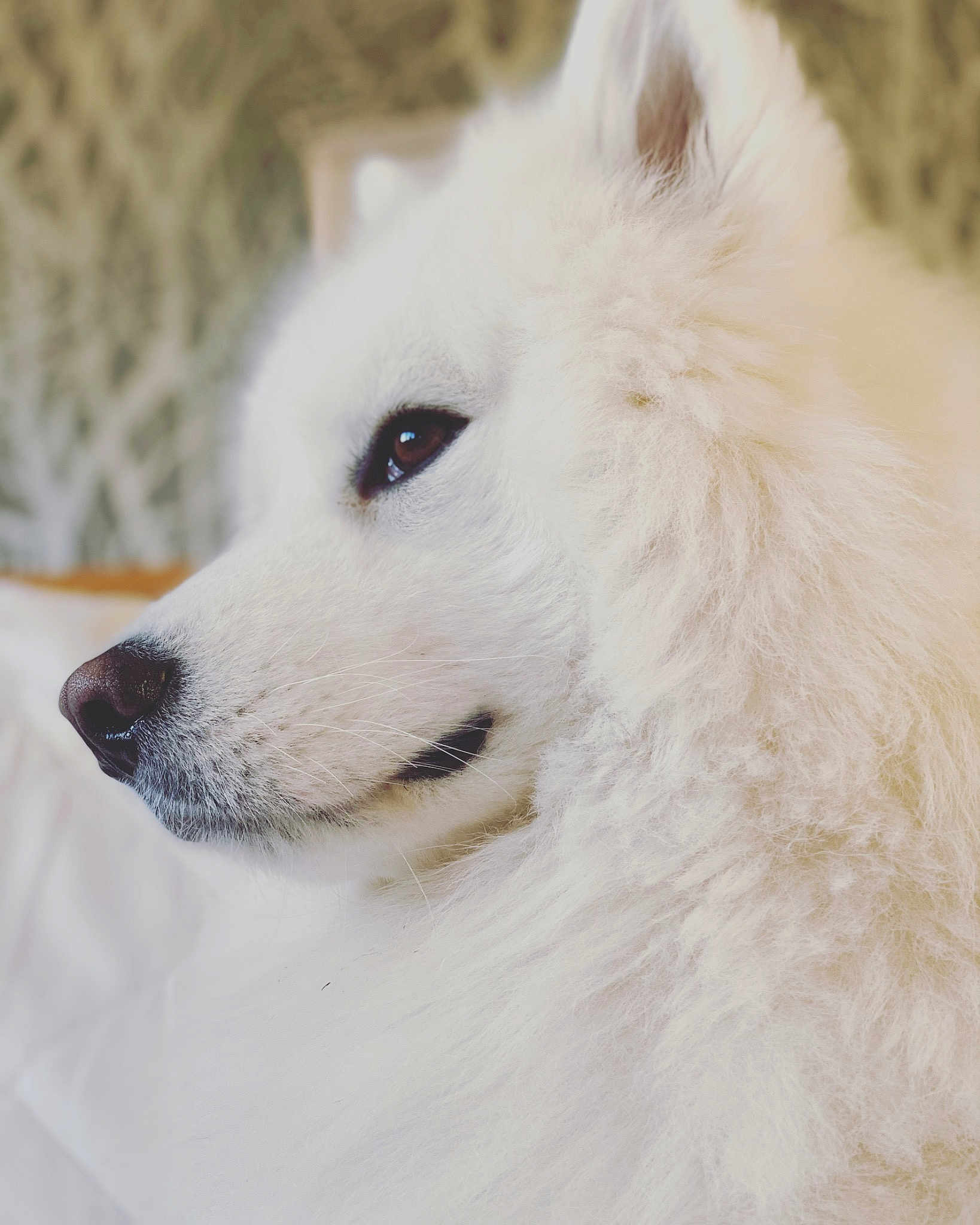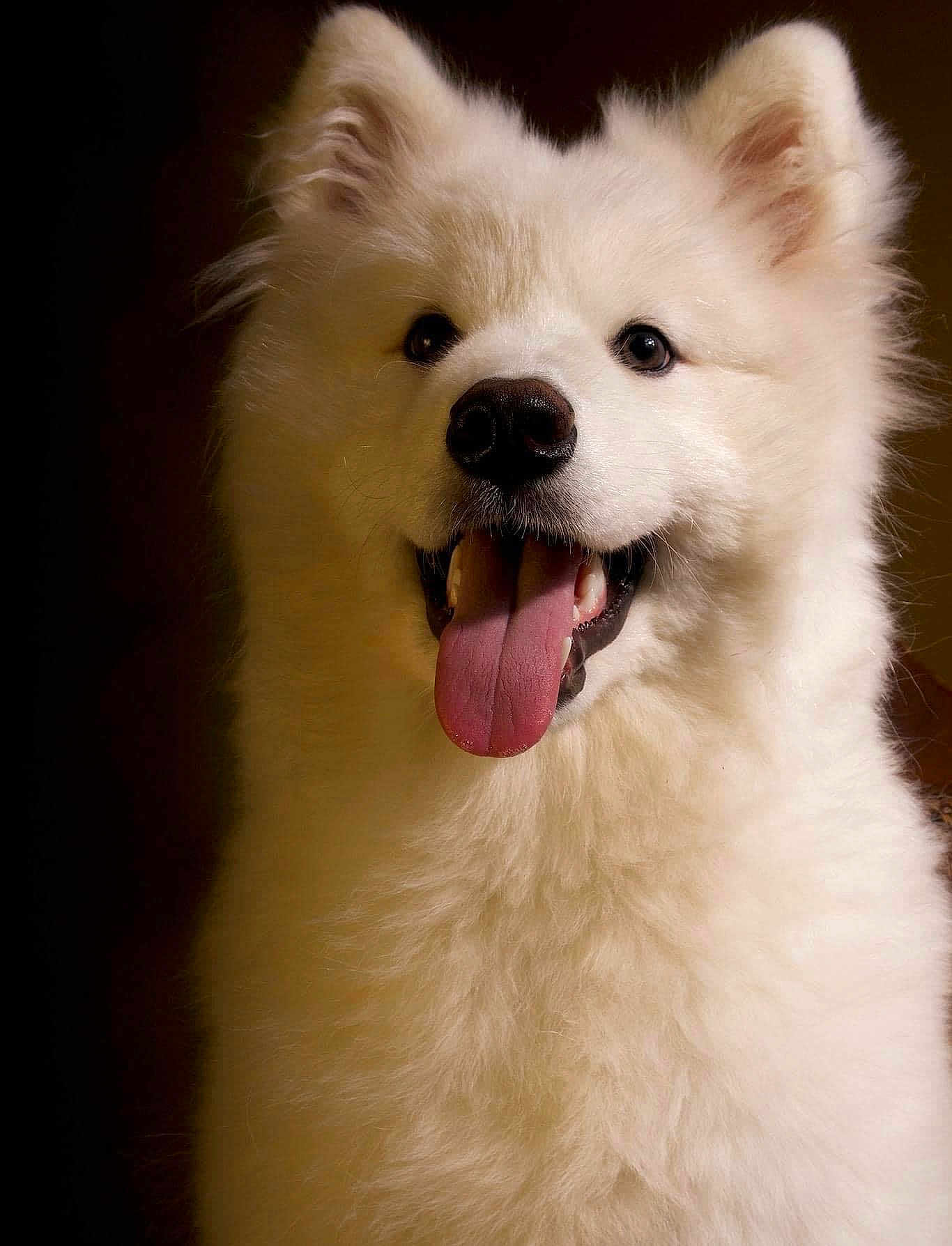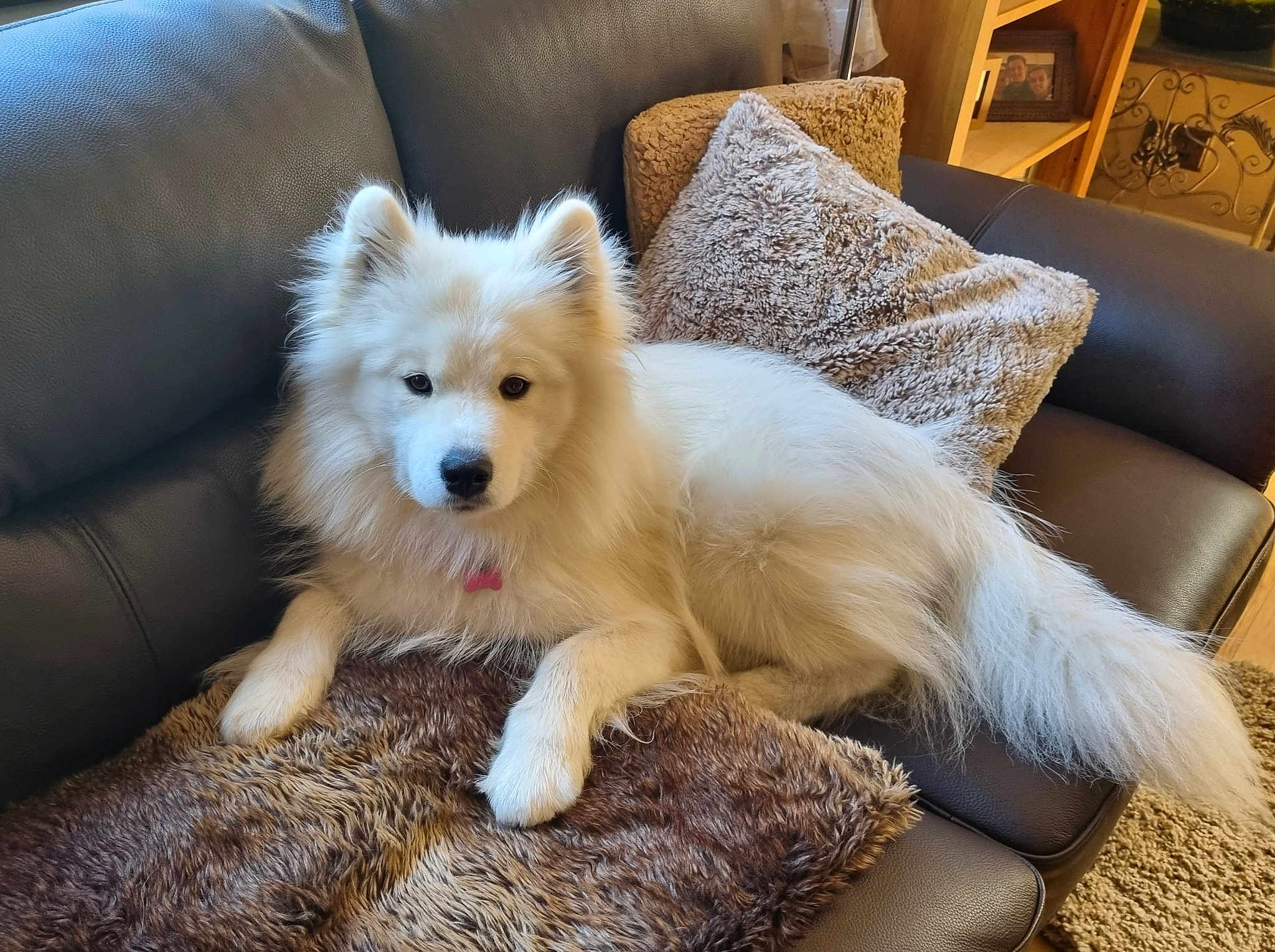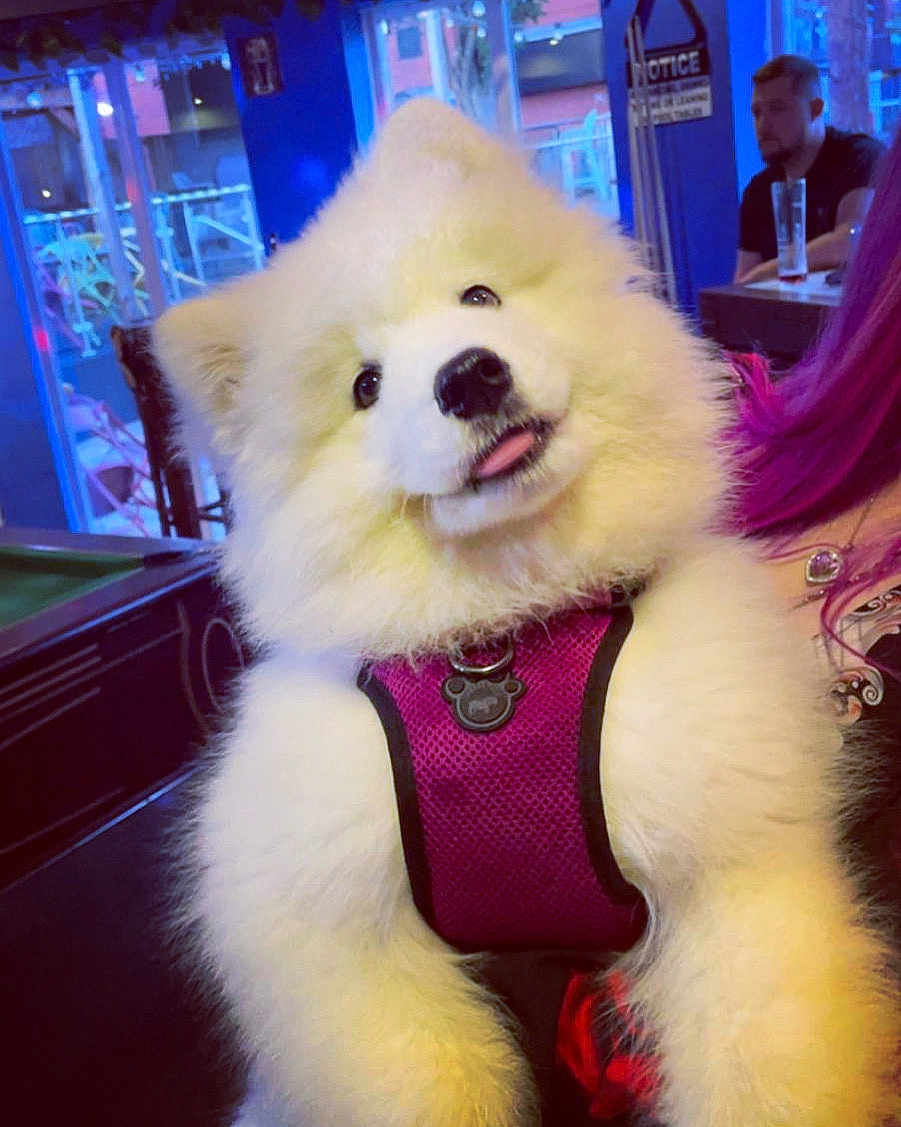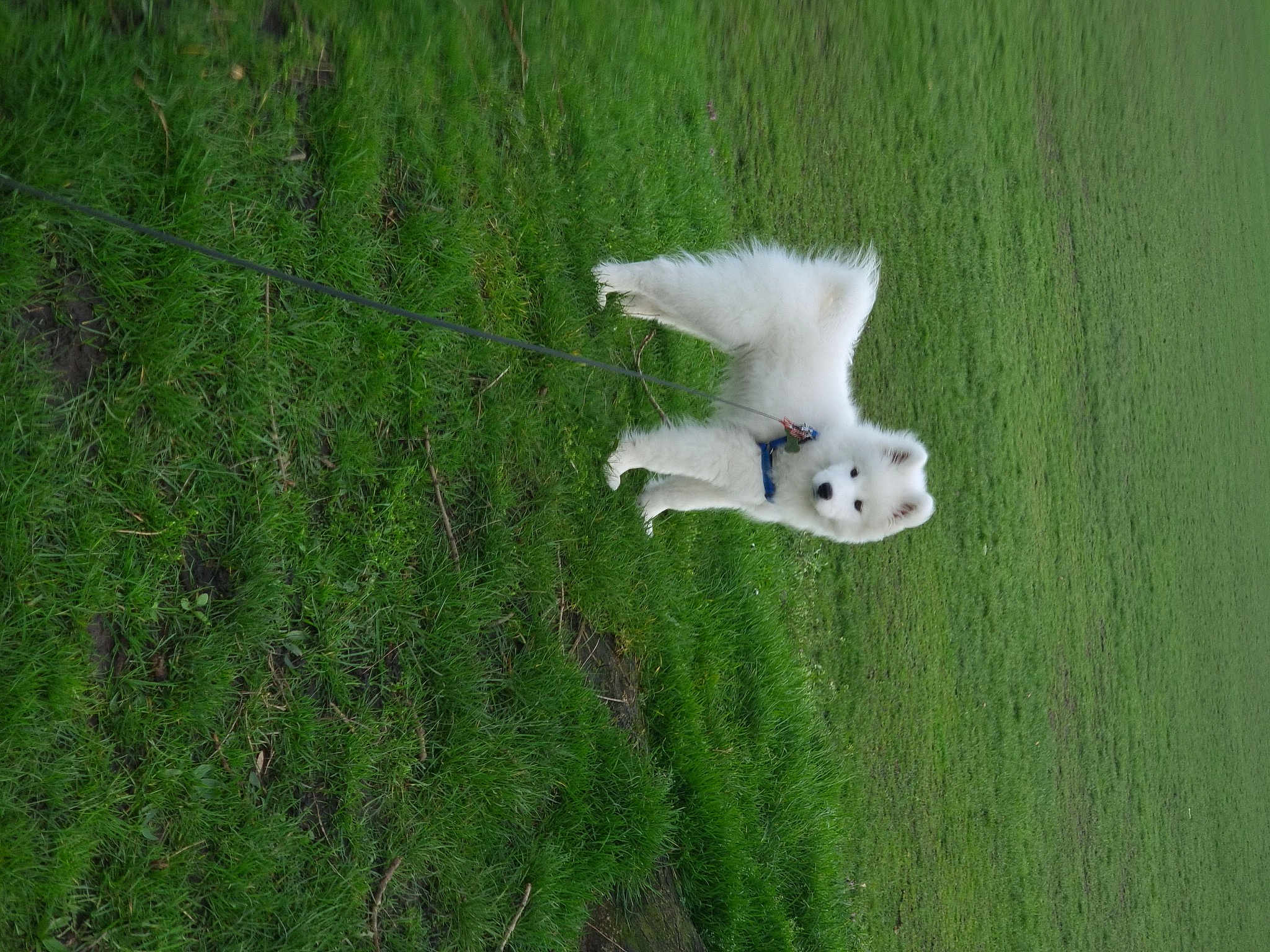
"The smile of a Samoyed lights up even the coldest of Siberian nights," goes an old saying. This fluffy, white bundle of joy is as charming as it is hardworking—a true testament to the diversity and grandeur of dog breeds around the world.
Personality and Behavior of the Samoyed
The Samoyed is often described as a perpetually happy, friendly, and playful breed. These dogs are known for their "Sammy smile," a trait that keeps their faces looking joyful and welcoming. This breed has a warm and affectionate nature, often forming strong bonds with their human families.
In addition to their amiable demeanor, Samoyeds are highly intelligent and inquisitive. They thrive on interaction and enjoy both mental and physical challenges. This breed's playful spirit makes them great companions for families with children, as they are gentle and patient.
One unique aspect of the Samoyed's personality is its high level of socialization. These dogs have a history of living closely with the Samoyede people—an indigenous group in Siberia—which has made them incredibly sociable and communicative. Samoyeds are rarely shy and usually get along well with other pets.
However, their social nature means they do not like to be left alone for long periods. Separation anxiety can be a concern for this breed, making them well-suited to households where someone is usually present.
"A captivating detail about Samoyeds is their innate sense of responsibility; they were historically used to herd reindeer and pull sleds, exhibiting a blend of playfulness and diligence that continues to define the breed today."
Meanings, History, and Origins of the name Samoyed
The name "Samoyed" holds significant historical and cultural importance. It originates from the Samoyede people of Siberia, who first bred these dogs for survival in one of the most inhospitable climates on earth. Known for their resilience and strength, Samoyeds were used not just for herding reindeer but also for pulling sleds and keeping their human companions warm at night.
The "Sammy smile" was more than just endearing; it was a practical adaptation. The Samoyed's unique facial structure helped prevent drooling and subsequent icicles from forming around their mouths in freezing temperatures, which is a remarkable example of nature and necessity shaping a breed.
Linguistically, the term "Samoyed" has evolved from early Russian ethnographic studies, where it was initially used to describe the indigenous people of Siberia. Over time, the term became synonymous with these dogs, who had become an integral part of their daily lives.
Interestingly, despite the harsh environments from which they hail, Samoyeds have made a seamless transition into various cultures around the globe, becoming lovable companions and show dogs alike.
Popularity of the Samoyed
The Samoyed breed enjoys a fair level of popularity worldwide, especially in English-speaking countries such as the United States, the United Kingdom, Canada, and Australia. Their distinct appearance and friendly demeanor have earned them a special place in the hearts of dog enthusiasts.
In the United States, Samoyeds have consistently ranked within the top 60 most popular dog breeds according to the American Kennel Club (AKC). Their cloud-like fur and cheerful disposition make them a favorite in both family settings and competitive dog shows.
In the UK, the Samoyed's popularity has been steady. Here, they are seen not just as pets but also as stars in various dog competitions and charitable events. Their sociable nature and historical background make them a fascinating breed to many dog owners.
Globally, the charm of the Samoyed has penetrated numerous societies. From Japan to Brazil, the breed is celebrated for its athleticism and friendly nature. Social media has also played a significant role in spreading the appeal, with adorable visuals of Samoyeds going viral and amassing followers worldwide.
Health and Care of the Samoyed
Caring for a Samoyed requires a good understanding of the breed's specific health needs and overall care requirements. Their dense double coat needs regular grooming to prevent matting and reduce shedding. Brushing several times a week is advisable, and during shedding seasons, daily brushing might be necessary.
Common health issues in Samoyeds include hip dysplasia, progressive retinal atrophy (PRA), and hypothyroidism. Regular veterinary check-ups are crucial for early detection and management of these conditions. Responsible breeding practices can help mitigate these risks, so always source your Samoyed from reputable breeders.
Nutrition plays a vital role in maintaining a Samoyed's health. A balanced diet rich in protein, fats, and essential vitamins is necessary to fuel their energetic lifestyle. Given their active nature, portions should be monitored to prevent obesity.
Exercise is another critical component of care for Samoyeds. They require ample physical activity to keep their bodies and minds engaged. Activities like running, hiking, and agility training are excellent ways to meet their exercise needs.
Training and Education of the Samoyed
Training a Samoyed can be a delightful yet challenging endeavor. Their intelligence and eagerness to please make them highly trainable, but their independent streak can sometimes pose challenges. Positive reinforcement techniques are the most effective; rewards such as treats, praise, and playtime work wonders.
Early socialization and puppy training classes are essential for Samoyeds. Exposure to different environments, people, and other animals will help curb any potential behavioral issues and make them well-rounded adults.
Given their historical role as working dogs, Samoyeds excel in tasks that tap into their natural instincts. Obedience training, herding activities, and agility training are excellent ways to keep them mentally and physically stimulated.
Patience and consistency are key when training a Samoyed. They can be slow to mature, so ongoing training and reinforcement of good behavior will yield the best results.
...
Choosing the right dog breed involves several considerations: lifestyle compatibility, energy levels, grooming needs, and the breed's disposition. For those looking for a cheerful, intelligent, and active companion, the Samoyed is an excellent choice. They are great family dogs and thrive in environments where they can be active participants in daily life.
Samoyeds hold a special place in many hearts worldwide, including here at KingPet, where we frequently see these fluffy smiley stars grace our photo contests. Their legacy, charm, and jubilant nature make them a beloved breed. Whether you're captivated by their fascinating history or their irresistible smile, choosing a Samoyed promises a lifetime of joy and companionship.





















